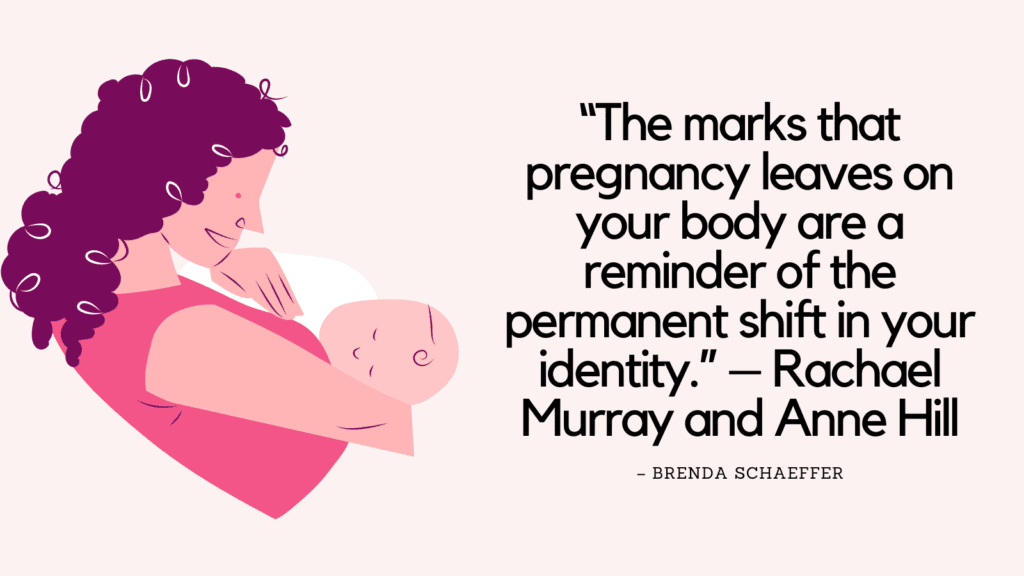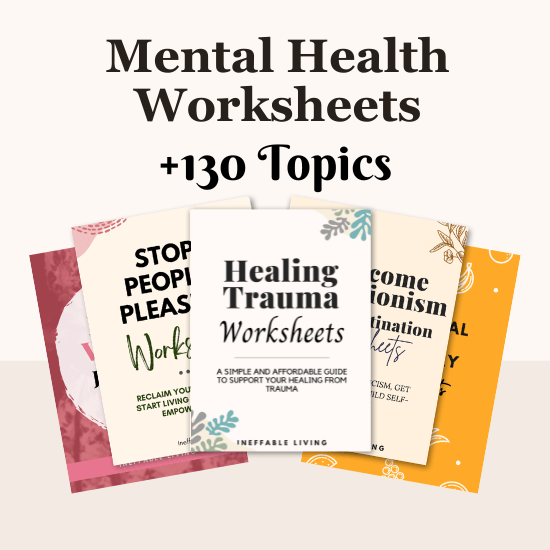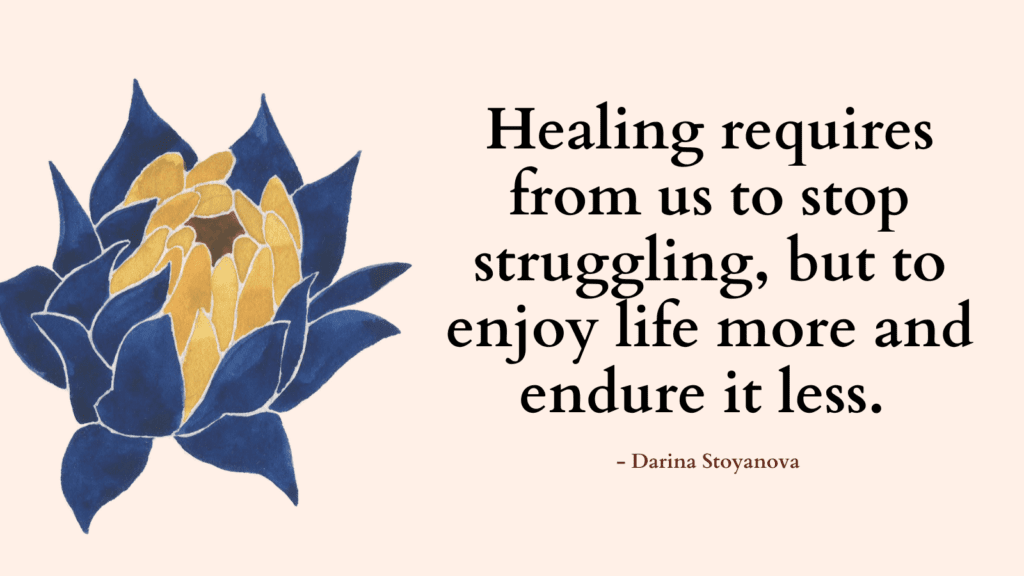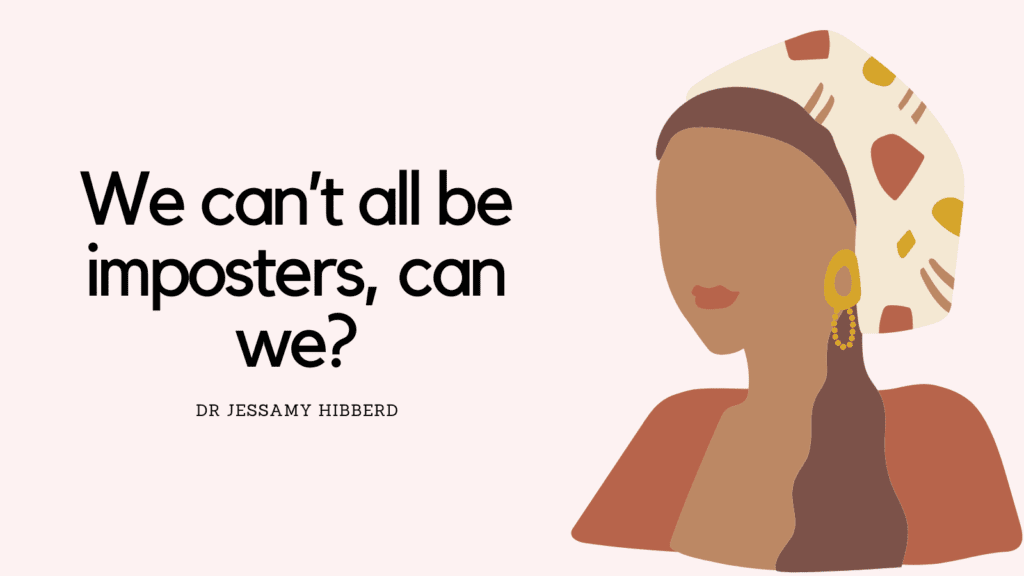This post contains some of the best quotes about postpartum depression.
What Is Postpartum Depression?
Postpartum depression is a type of depression that occurs after giving birth and can affect both mothers and fathers. It is characterized by feelings of sadness, anxiety, irritability, and exhaustion that can interfere with daily life and bonding with the baby.
Symptoms may include:
– Feeling overwhelmed or unable to cope
– Feelings of sadness, hopelessness or emptiness
– Difficulty bonding with the baby
– Loss of interest in activities you once enjoyed
– Anxiety or panic attacks
– Thoughts of harming yourself or your baby
Postpartum depression can be caused by hormonal changes, lack of sleep, and the stress of caring for a new baby. Treatment may include therapy, medication, and/or support groups. It’s important to seek help if you are experiencing symptoms of postpartum depression as it can have serious consequences if left untreated.
Quotes About Postpartum Depression
1. “The symptoms of postpartum depression must not be confused with the baby blues, a common phenomenon affecting the majority postpartum women. Symptoms such as sadness, weepiness, irritability, and anxiety can emerge shortly after birth and typically resolve within the first 2 to 3 postpartum weeks (when hormones settle down).” – Karen Kleiman
2. “As a matter of review, postpartum depression is the presence of a clinical depression during the postpartum period. The postpartum period is loosely defined as the first year following the birth of a baby.” – Karen Kleiman
3. “The effect postpartum depression has on a marriage can manifest in myriad ways. Whether your marriage was steady and strong prior to depression or not, the force of symptoms can break down the best of ties. Not long-term. Not irrevocably. But when the pitch-black landscape engulfs one half of a partnership, it’s hard for either one to breathe.” – Karen Kleiman
4. “It has been shown that depression or anxiety during pregnancy, poor social support, stressful life events, previous history of depression, and a family history of depressive disorders are strong predictors of major depression in postpartum women.” – Karen Kleiman
Related: Am I Lonely Quiz (+ Top 5 Tips To Overcome Loneliness)
5. “During and after postpartum depression, both partners often feel alone in their anguish and misunderstood. They have become partners in agony. Once treatment begins to take hold and there is less focus on the illness and symptoms, both work fervently to get back to the business at hand. Back to being a family, focus on the baby, back to making up for lost time.” – Karen Kleiman
6. “Depression affects the way you think and how you think can affect your depression. When someone is depressed, their perception of the world around them, changes.” – Karen Kleiman
7. “Remember that depression changes the way you feel about yourself and your perceptions of the world around you, including your marriage.” – Karen Kleiman
8. “We know that the postpartum period is a busy, unpredictable, constantly changing stage of life. This is an understatement.” – Karen Kleiman
Related: Journal Prompts For Depression (+FREE Depression Worksheets PDF)
9. “Please understand that treating your PPD is the best thing you can do for your baby. Untreated or undertreated depression has lasting consequences during pregnancy, in the postpartum stage, and when parenting.” – Abigail Burd
10. “Postpartum depression can persuade the sufferer to remain locked in self-absorbed thoughts. It becomes difficult to see much else beyond the borders of the distorted thinking that accompanies depression.” – Karen Kleiman
11. “I often wonder how much PPD we would have if new families had appropriate social support. In modern Western culture, nuclear families are isolated in their individual homes. This is the worst possible setup for new parents. Many traditional societies practice nurturing new parents for 40 days, 6 weeks, 2 months, or a similar amount of time. (You may hear people call this “the fourth trimester.”)” – Abigail Burd
12. “Sometimes, when ambivalence drops in on a marriage struggling to recover from postpartum depression, it can result from sheer exhaustion. It is no secret the sleep deprivation can be the greatest enemy of all.” – Karen Kleiman
13. “On top of the usual busting of unrealistic expectations of motherhood, postpartum depression (PPD) adds a heavy layer. To be assaulted with PPD is a huge disappointment, to say the least — more of a shock, devastation, and feeling of failure to most.” – Shoshana S. Bennett
14. “Even without a postpartum mood disorder, given the biochemical changes you’ve been subjected to and are still experiencing, plus the huge life change, you’re likely to experience intense ups and downs as you adjust to your new life.” – Shoshana S. Bennett
15. “Any depression or anxiety that has been hanging around you in the past, however mild, typically becomes exaggerated. For instance, if you’ve dealt with low-grade depression before, after delivery it can go over the line and become postpartum depression (PPD).” – Shoshana S. Bennett
16. “What will further increase your risk for PPD is the presence of any stressor in your life that occurs around the time of your baby’s birth. In other words, moving to a new location, selling a house, or adding on to the old house right before delivery isn’t a good idea. In fact, this is the absolute worst time for your mental health to do any of these things. Before you make any big changes, wait until things have settled a bit in your life — usually a few months postpartum is sufficient.” – Shoshana S. Bennett
17. “With any of the postpartum disorders, you can expect to find a wide range of severity — from mild to moderate to severe. Regardless of which level you’re at, one thing is for sure: When you suffer from a postpartum disorder, it always feels bad.” – Shoshana S. Bennett
Related: Postpartum Anxiety Quiz (+ 5 Tips On Overcoming PPA)
18. “You’re not weak, just vulnerable. As a matter of fact, women are at their very most vulnerable during pregnancy and postpartum.” – Shoshana S. Bennett
19. “Postpartum depression (PPD) fogs your thinking and makes it difficult to find clarity in anything, especially these new emotions you’re feeling.” – Shoshana S. Bennett
20. “Don’t despair. You’ll eventually feel better. Just remember that even though postpartum depression (PPD) can sometimes disappear quickly, it usually dissipates in layers and takes time — anywhere from a few weeks to a few months.” – Shoshana S. Bennett
21. “As with every other postpartum disorder, you don’t have to suffer through it alone. Clue in your support people as much as possible.” – Shoshana S. Bennett
Related: Do I Have Seasonal Depression Quiz (+Top 12 Natural Ways To Boost Your Mood)
22. “When we have PPD, our beliefs tend to be more negative. We often are overly critical of ourselves and pessimistic. If you are experiencing this thought pattern, please don’t judge yourself. Have you ever heard the phrase “looking through rose-colored glasses”? PPD slaps glasses tinted dark gray over our view. Everything gets filtered more negatively. Fortunately, it is possible to start to correct a negative filter. The first step is noticing it.” – Abigail Burd
23. “Oh, anger—the PPD symptom we least expect. Many women experiencing postpartum anger might not even realize they have PPD. Some women will externalize their anger or attribute it to outside sources. Often partners will get the brunt of the misplaced anger. Other postpartum parents might feel angry at the baby for waking them up, being difficult to soothe, not feeding easily, or just disrupting their lifestyle.” – Abigail Burd
24. “Parents of all genders can experience PPD as anger. In fact, depressed male-identified parents are more likely to express anger than feel sad, as they may have grown up thinking anger is more socially acceptable than being weak or vulnerable.” – Abigail Burd
25. “One of the best things you can do for your baby is to keep working on your PPD symptoms.” – Abigail Burd




